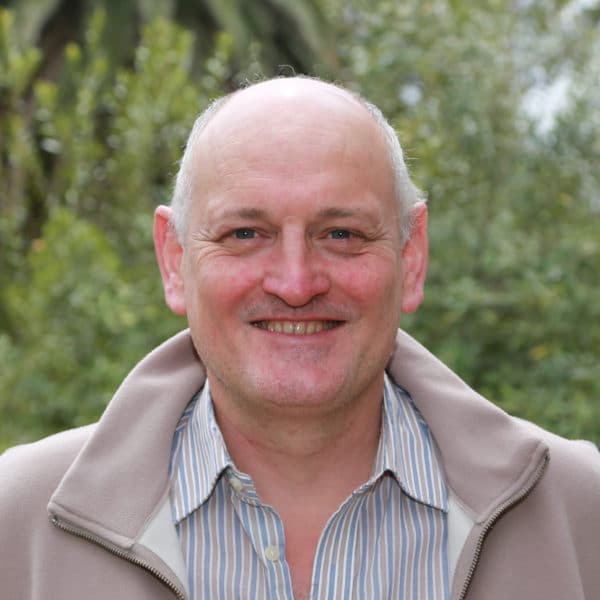Social diagnostics gained some currency in the South African context through the Diagnostic Report (2011) produced by the National Planning Commission. It requires multi-disciplinary collaboration to diagnose the root causes of the triple problem of poverty, unemployment and inequality. The malaise of the human condition is of course an age-old inquiry – addressed in literature, the arts, philosophy and religious studies alike. More recently, disciplines such as animal ethology, early human history and cognitive studies on brain development have contributed to a better understanding of where things can and have gone wrong. Insights emerging from such disciplines pose a significant challenge to classic Christian discourse on the ultimate contingency of what is called “sin” (the much-ridiculed vocabulary employed to re-describe the malaise of the human condition). Such contingency is expressed in the notion that it was possible not to sin (posse non peccare). The core of the challenge is that the underlying predicament is often depicted as rooted in biological conditions; a more or less necessary by-product of human evolution. To err may be human, but if sin is “natural”, can humans ultimately be blamed for that? At the same time human societies are structured on the premise of the possibility of human responsibility and thus of legal accountability. This project will investigate the plausibility of the assumption of the contingency of sin in Christian discourse. If the category of “sin” is to function as a plausible re-description of the malaise of the human condition, it has to maintain sufficient “traction” (Philip Clayton) with current scientific insights and thus with multi-dimensional scientific, legal, moral and aesthetic criteria for what is held as “true”. To assess such plausibility will require conversations on the malaise of the human condition with a range of alternative accounts found for example in liberal optimism, “cosmic pessimism” (John Haught), nihilism and social Darwinism.

